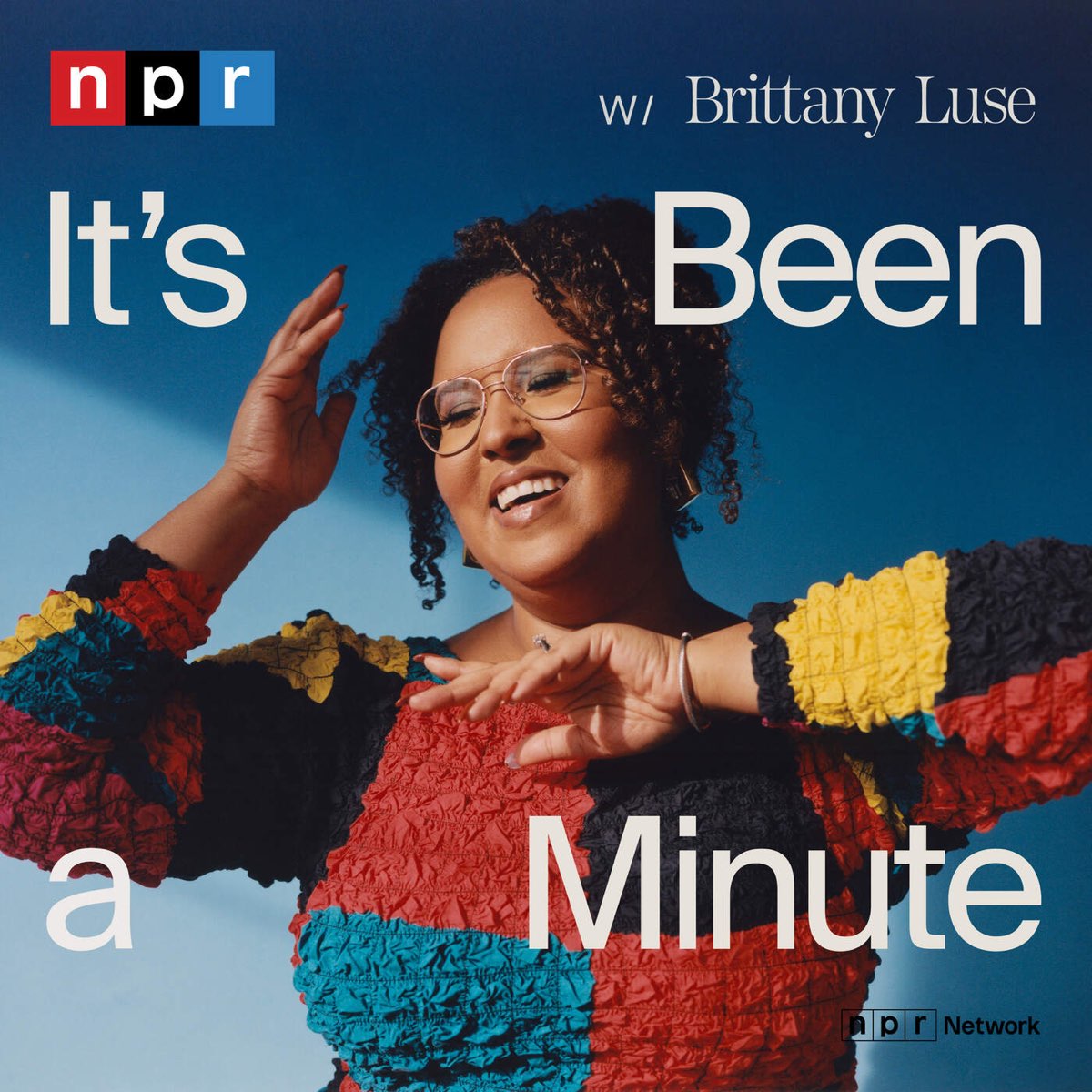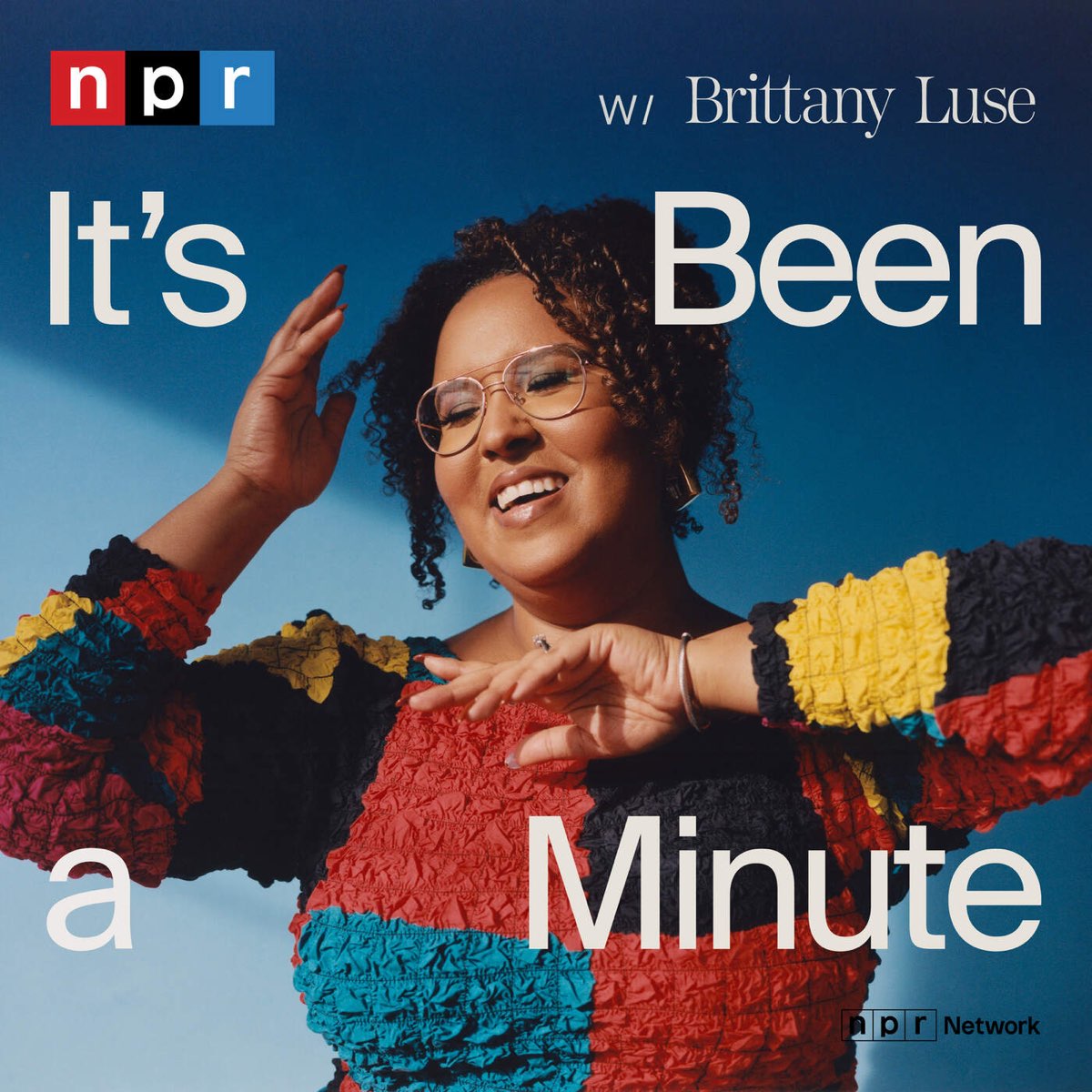## From Streaming Slump to Spicy Subscriptions: Can OnlyFans Really Save the Music Industry?
The music industry is in a pickle. Streaming royalties barely cover the cost of a decent pair of headphones, artists are struggling to make a living, and the big labels seem more interested in churning out Tik Tok hits than fostering genuine talent. Enter OnlyFans, the platform known for its…adult content. Hold on, we’re not suggesting a full-frontal revolution (though that wouldn’t be out of the question).

The Implications of Musicians Turning to OnlyFans

The rise of musicians turning to OnlyFans, a platform primarily associated with adult content creators, has sparked a pressing question: Can OnlyFans save the music industry? As indie artists struggle to make ends meet, they are turning to digital sex work as a means of supplementing their income. This phenomenon has far-reaching consequences, not only for the artists themselves but also for the industry as a whole.

The Commodification of Art and the Artist
The commodification of art and the artist is a pressing concern in the music industry. When artists turn to OnlyFans, they are effectively commodifying their bodies and personal lives. This raises important questions about the value and ownership of art, as well as the agency and autonomy of the artist. As Isabella Gomez Sarmiento, NPR culture reporter, notes, “the economic factors driving musicians to digital sex work say a lot about the music industry’s dwindling middle class.”

This trend has significant implications for the music industry’s perception of labor and value. When artists are forced to turn to alternative revenue streams, it highlights the industry’s failure to provide a living wage for its creators. As a result, the value of art and the artist is reduced to a mere commodity to be bought and sold. This has far-reaching consequences for the industry’s perception of labor and value, and raises important questions about the exploitation of artists.
The Ramifications for Music Consumption and Fan Engagement
The rise of musicians on OnlyFans also has significant ramifications for music consumption and fan engagement. When artists turn to alternative revenue streams, it can fundamentally alter the dynamic between the artist and the fan. As fans, we are no longer simply consumers of music, but also patrons of the artist’s personal life.
This raises questions about the boundaries between the artist’s public and private life, and the extent to which fans expect access to the artist’s personal life. Furthermore, it highlights the tension between the artist’s autonomy and the fan’s desire for intimacy and authenticity. As the music industry continues to evolve, it remains to be seen how these dynamics will play out.
Beyond OnlyFans – The Future of Music Monetization
The rise of musicians on OnlyFans has sparked an important conversation about the music industry’s business model. As the industry continues to evolve, it is clear that alternative revenue streams will play an increasingly important role in the monetization of music.
Exploring Alternative Revenue Streams for Musicians
One of the most pressing questions facing the music industry is how to create sustainable revenue streams for musicians. As the industry continues to evolve, it is clear that alternative revenue streams will play an increasingly important role in the monetization of music.
- Direct-to-fan sales platforms, such as Bandcamp, offer artists a way to sell music and merchandise directly to fans.
- Subscription-based services, such as Patreon, provide artists with a steady stream of income in exchange for exclusive content.
- Crowdfunding platforms, such as Kickstarter, allow artists to raise funds for specific projects or albums.
These alternative revenue streams offer artists a way to monetize their music and connect with fans in new and innovative ways. However, they also raise important questions about the value and ownership of art, and the agency and autonomy of the artist.
The Role of Technology in Democratizing Music Distribution
Technology has played a crucial role in democratizing music distribution and creation. The rise of streaming platforms, such as Spotify and Apple Music, has fundamentally altered the way we consume music. However, it has also raised important questions about the value and ownership of art, and the agency and autonomy of the artist.
As technology continues to evolve, it is clear that it will play an increasingly important role in shaping the future of music monetization. From blockchain technology to virtual reality experiences, the future of music distribution and creation is ripe for innovation and disruption.
Rethinking the Music Industry’s Business Model
The rise of musicians on OnlyFans has sparked an important conversation about the music industry’s business model. As the industry continues to evolve, it is clear that a fundamental rethink of the industry’s business model is necessary.
This requires a shift away from the industry’s traditional focus on album sales and towards a more holistic approach that takes into account the diverse range of revenue streams available to artists. It also requires a recognition of the value and agency of the artist, and a more equitable distribution of profits.
Conclusion
Conclusion: Can OnlyFans Save the Music Industry? A Glimmer of Hope in Turbulent Times
The article “Can OnlyFans save the music industry? It’s Been a Minute – NPR” delves into the intriguing world of subscription-based platforms, highlighting their potential to revitalize the struggling music industry. Key points discussed include the platform’s ability to provide artists with a more direct and lucrative revenue stream, bypassing traditional gatekeepers like record labels and streaming services. The article also explores the democratizing effect of OnlyFans, allowing emerging artists to connect with fans and build a loyal following without the need for industry intermediaries. Moreover, the platform’s flexibility in content creation and monetization strategies is lauded as a breath of fresh air in an industry often stifled by rigid industry norms.
The significance of OnlyFans’ impact on the music industry cannot be overstated. As the article astutely points out, the platform’s ability to generate substantial revenue for artists could be a lifeline in these uncertain times. With the music industry grappling with declining album sales, streaming fatigue, and the ever-present threat of piracy, OnlyFans offers a glimmer of hope. The platform’s implications extend beyond individual artists, too, as it may force industry-wide reevaluations of revenue sharing models, content ownership, and the role of intermediaries in the creative process.
As the music industry continues to navigate the chaos of the digital age, it’s clear that OnlyFans is more than just a passing trend. It represents a seismic shift in the way artists create, distribute, and monetize their work. With its potential to empower artists, disrupt traditional industry power structures, and revolutionize the way we consume music, OnlyFans is poised to leave an indelible mark on the music industry’s future. And as we look to the horizon, one thing is certain: OnlyFans has only just begun to scratch the surface of its transformative potential – and we can’t wait to see what’s next.
